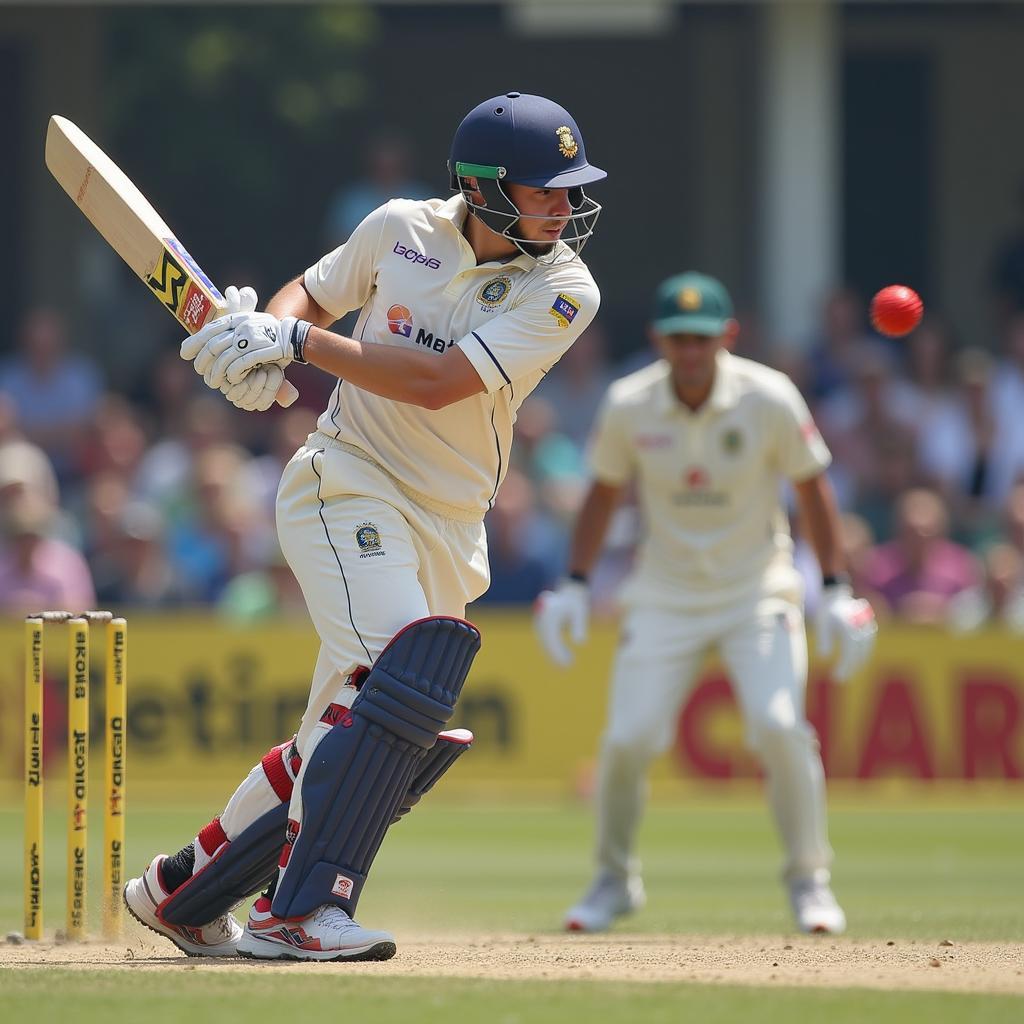What Position Am I in Quidditch?
December 24, 2024Finding your perfect Quidditch position can be as tricky as catching the Golden Snitch. Whether you’re a seasoned player or just discovering this magical sport, understanding the roles and responsibilities of each position is key to success. This guide will delve into the nuances of each Quidditch position, helping you determine which one best suits your skills and playing style.
Discovering Your Ideal Quidditch Position
Quidditch, the beloved sport of witches and wizards, offers a diverse range of positions, each demanding unique skills and strategies. From the brute strength of a Beater to the agility of a Seeker, finding the right fit is crucial for individual and team success. This section will break down the responsibilities and required attributes for each position, allowing you to identify where you might excel on the Quidditch pitch.
Chaser: The Goal-Scoring Specialist
Chasers are the offensive powerhouses of Quidditch, responsible for scoring goals by throwing the Quaffle through one of the three hoops. They require exceptional hand-eye coordination, accurate passing skills, and strategic thinking to outmaneuver the opposing team’s defense. A successful Chaser is adept at both scoring and setting up scoring opportunities for their teammates.
Keeper: The Last Line of Defense
The Keeper acts as the guardian of the hoops, preventing the opposing team’s Chasers from scoring. This position demands quick reflexes, strong blocking abilities, and excellent communication skills to coordinate with their team’s defense. A Keeper’s role is vital in maintaining a low score and protecting their team’s lead.
Beater: The Bludger-Wielding Enforcer
Beaters are the physical force on the Quidditch pitch, wielding bats to control the Bludgers, two heavy balls that aim to knock players off their brooms. This role requires strength, precision, and a keen awareness of the game’s flow. Effective Beaters can disrupt the opposing team’s offense and protect their own teammates from incoming Bludgers.
 Beater Defending Against Bludger
Beater Defending Against Bludger
Seeker: The Snitch-Seeking Champion
The Seeker carries the weighty responsibility of catching the Golden Snitch, a small, winged ball whose capture ends the game and awards 150 points. This position requires exceptional speed, agility, and unwavering focus. A Seeker’s success can dramatically alter the course of a match, making them a pivotal player on any Quidditch team.
Which Quidditch Position is Right for You?
Determining your ideal Quidditch position requires self-reflection and an understanding of your strengths. Are you a natural leader with a knack for strategy? Perhaps Chaser is your calling. Do you possess lightning-fast reflexes and a defensive mindset? Keeper could be your perfect fit. Consider your physical attributes, strategic thinking, and overall playing style to find the position that maximizes your potential.
What is the most important Quidditch position?
While every position contributes to a team’s success, the Seeker often holds the most dramatic influence due to the Snitch’s point value. However, a skilled Chaser or a steadfast Keeper can be equally crucial to victory.
Can I play multiple Quidditch positions?
While specializing in one position is common, developing skills across multiple roles can make you a valuable asset to any team.
Conclusion: Finding Your Place on the Quidditch Pitch
Choosing the right Quidditch position is a personal journey of self-discovery. By understanding the demands of each role and reflecting on your own strengths, you can find your place on the pitch and contribute to the magic of Quidditch. What position are you in Quidditch? The answer lies within your own abilities and aspirations.
FAQ
- What is the hardest position in Quidditch? Many consider Seeker the most challenging due to the difficulty of catching the Snitch.
- How do I become a better Quidditch player? Practice, training, and understanding game strategy are key.
- What equipment do I need to play Quidditch? A broom, Quaffle, Bludgers, and a Golden Snitch are essential.
- Are there professional Quidditch leagues? Yes, there are organized Quidditch leagues and tournaments worldwide.
- How long does a Quidditch match last? A Quidditch match can last anywhere from a few minutes to several hours, depending on when the Snitch is caught.
- How are points scored in Quidditch? Goals through the hoops are worth 10 points, and catching the Snitch awards 150 points and ends the game.
- What are some common Quidditch fouls? Examples include Blatching, Stooging, and Snitching.
For any support, please contact Phone: 0915117113, Email: [email protected] Or visit us at: Hamlet 3, Binh An, Phu Thuong, Vietnam, Binh Phuoc 830000, Vietnam. We have a 24/7 customer support team.